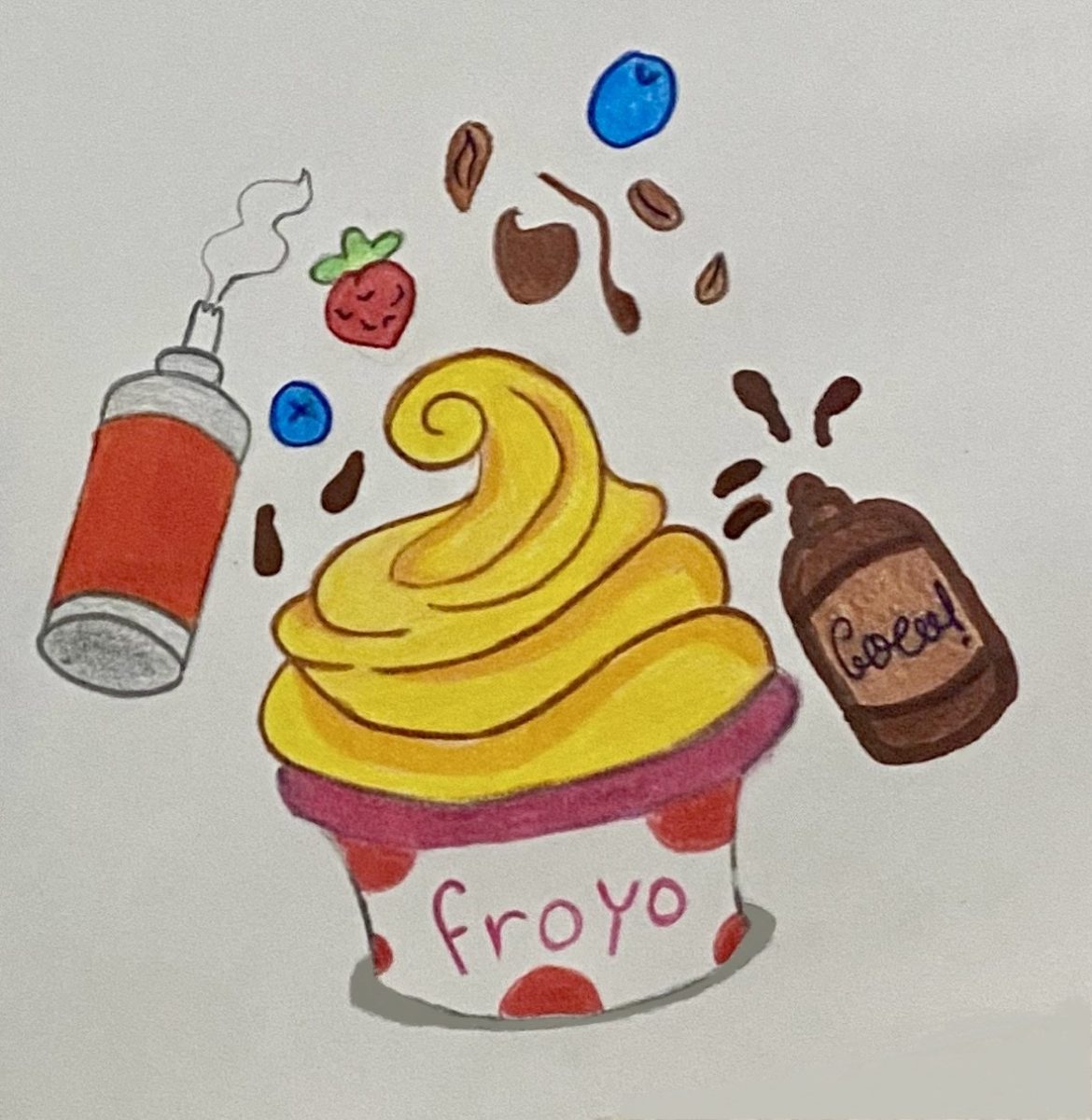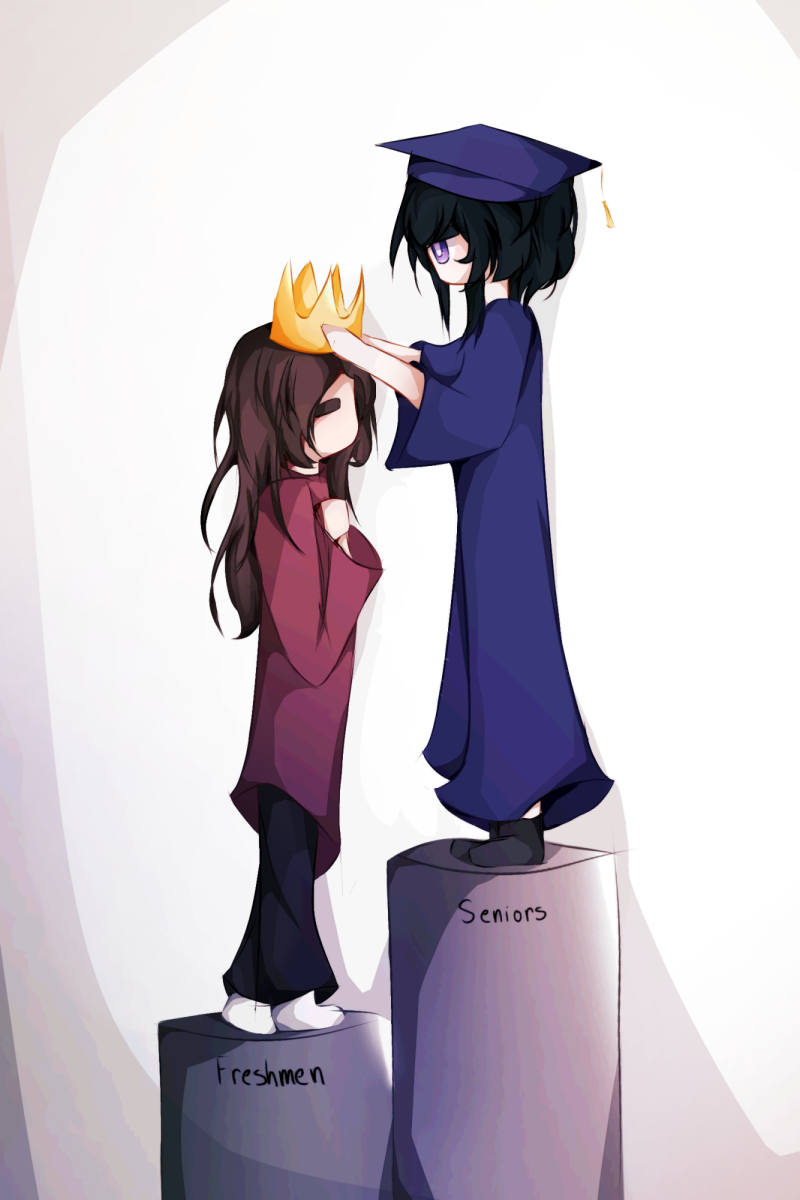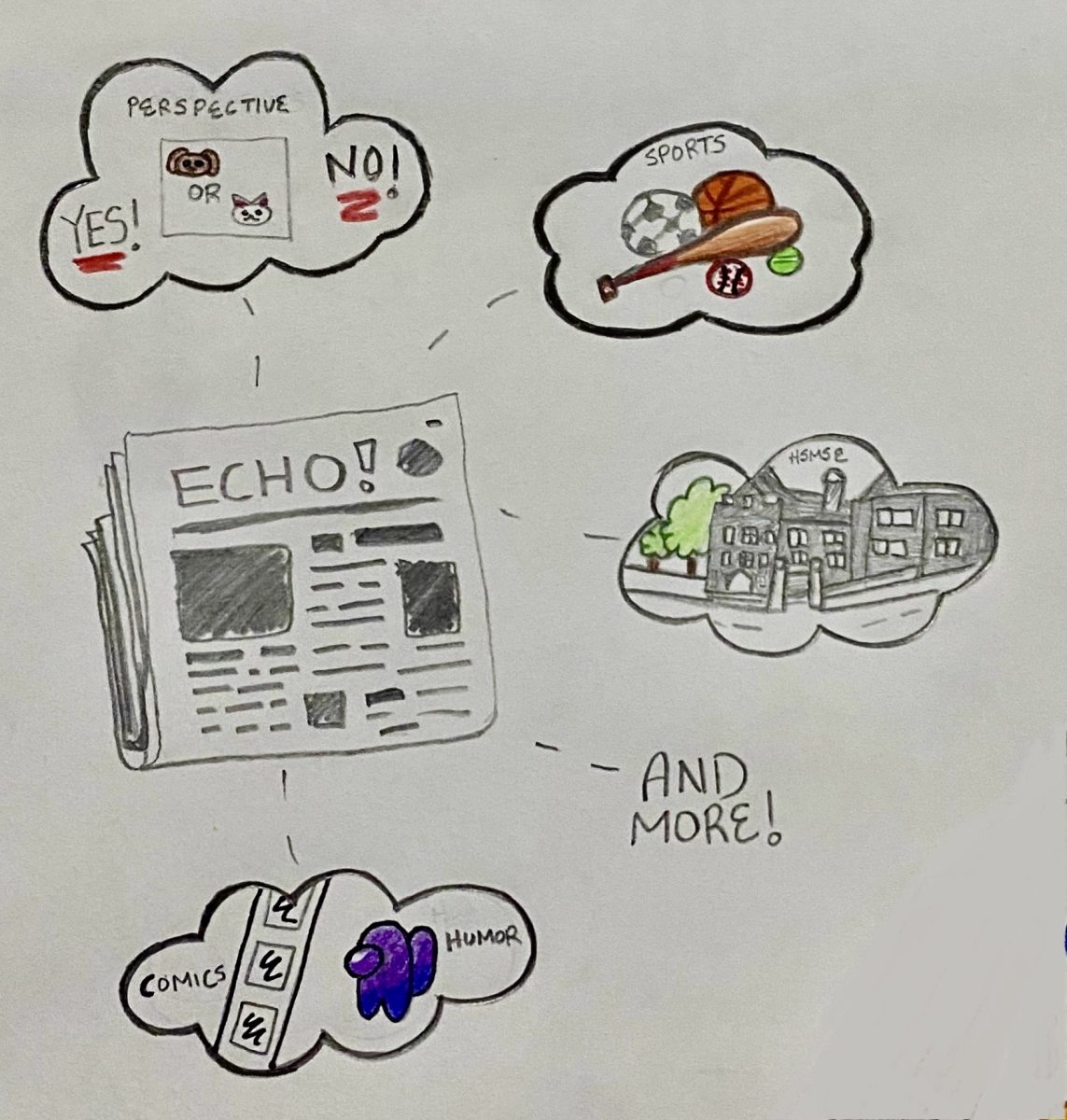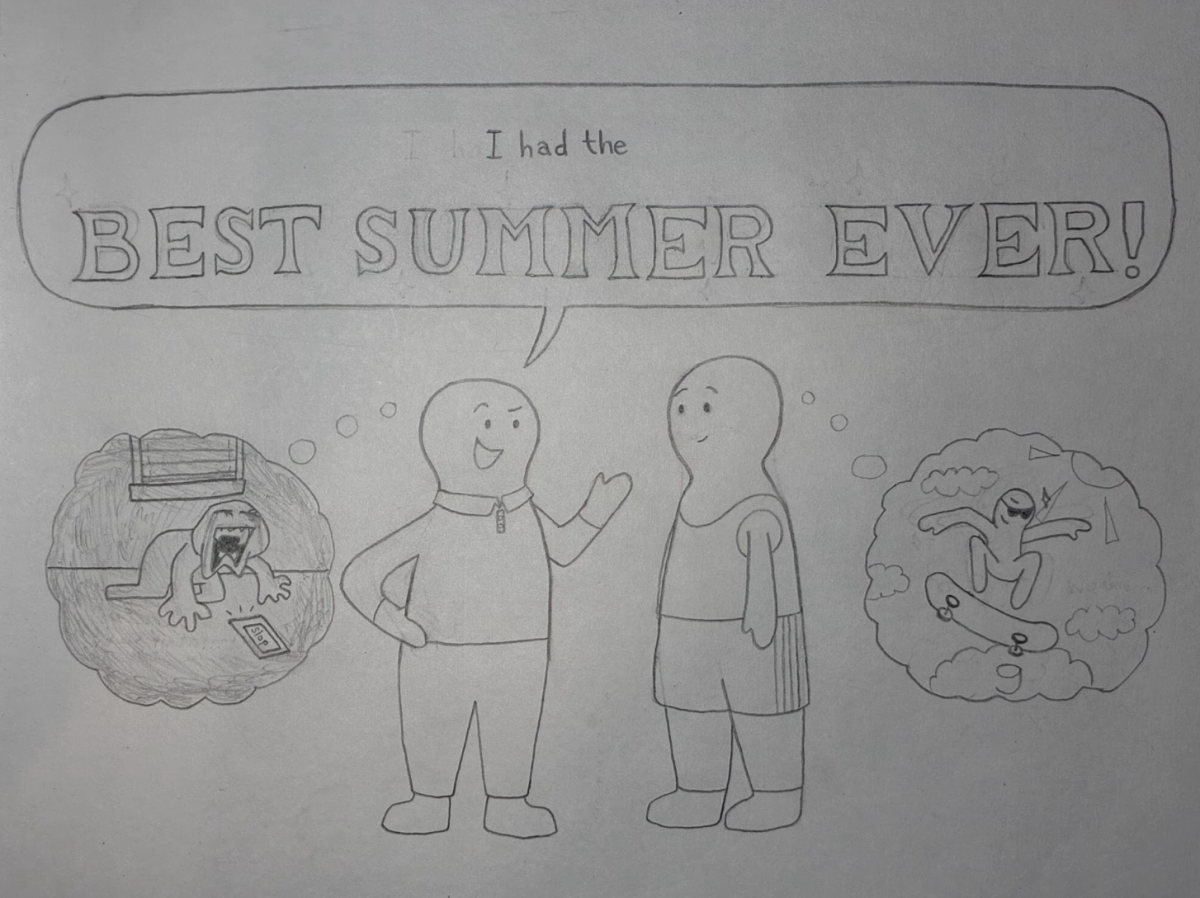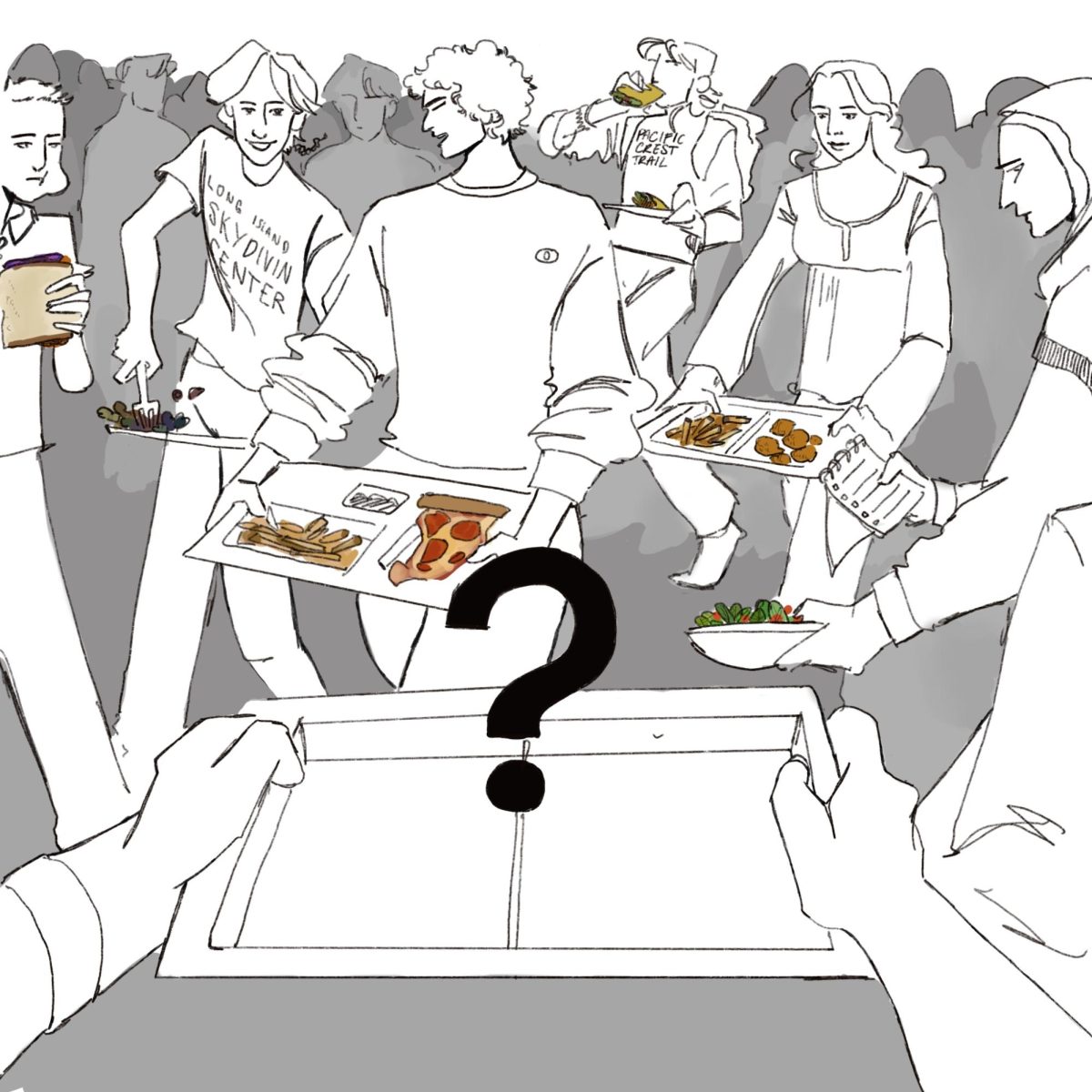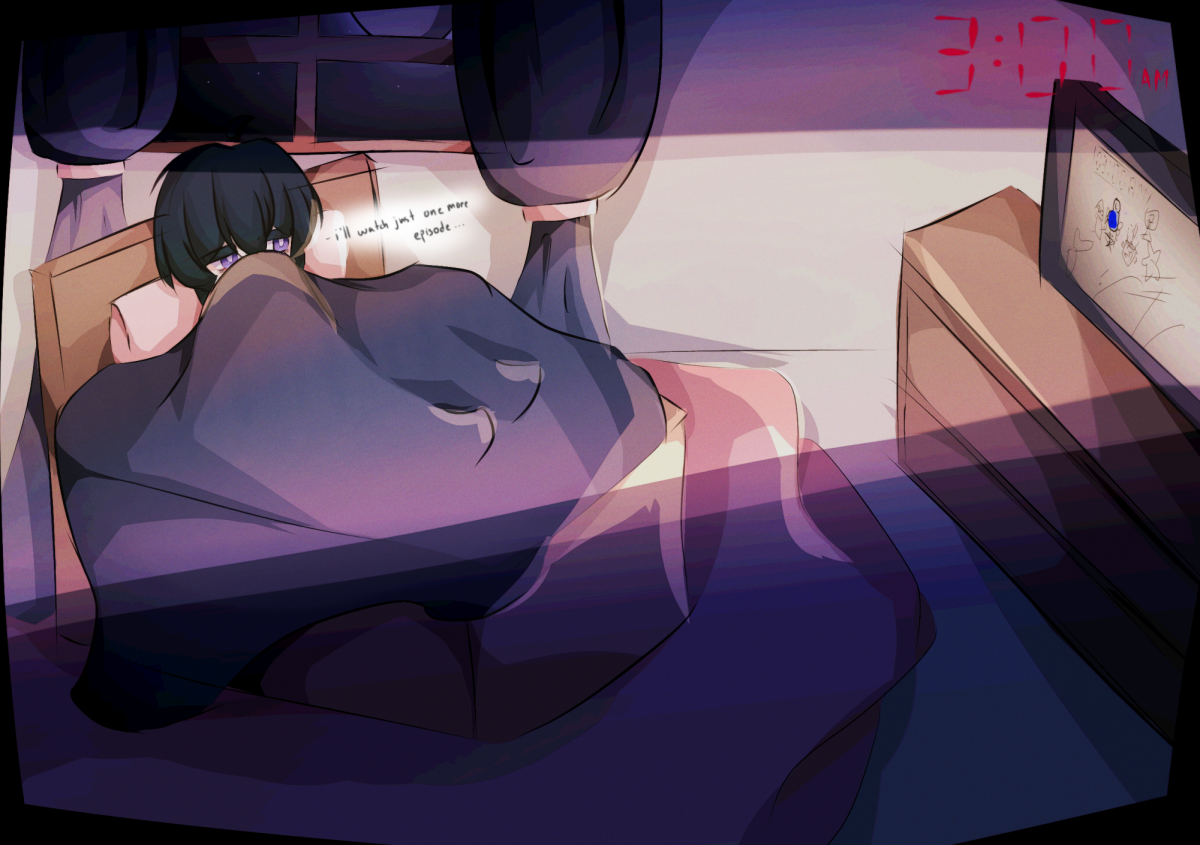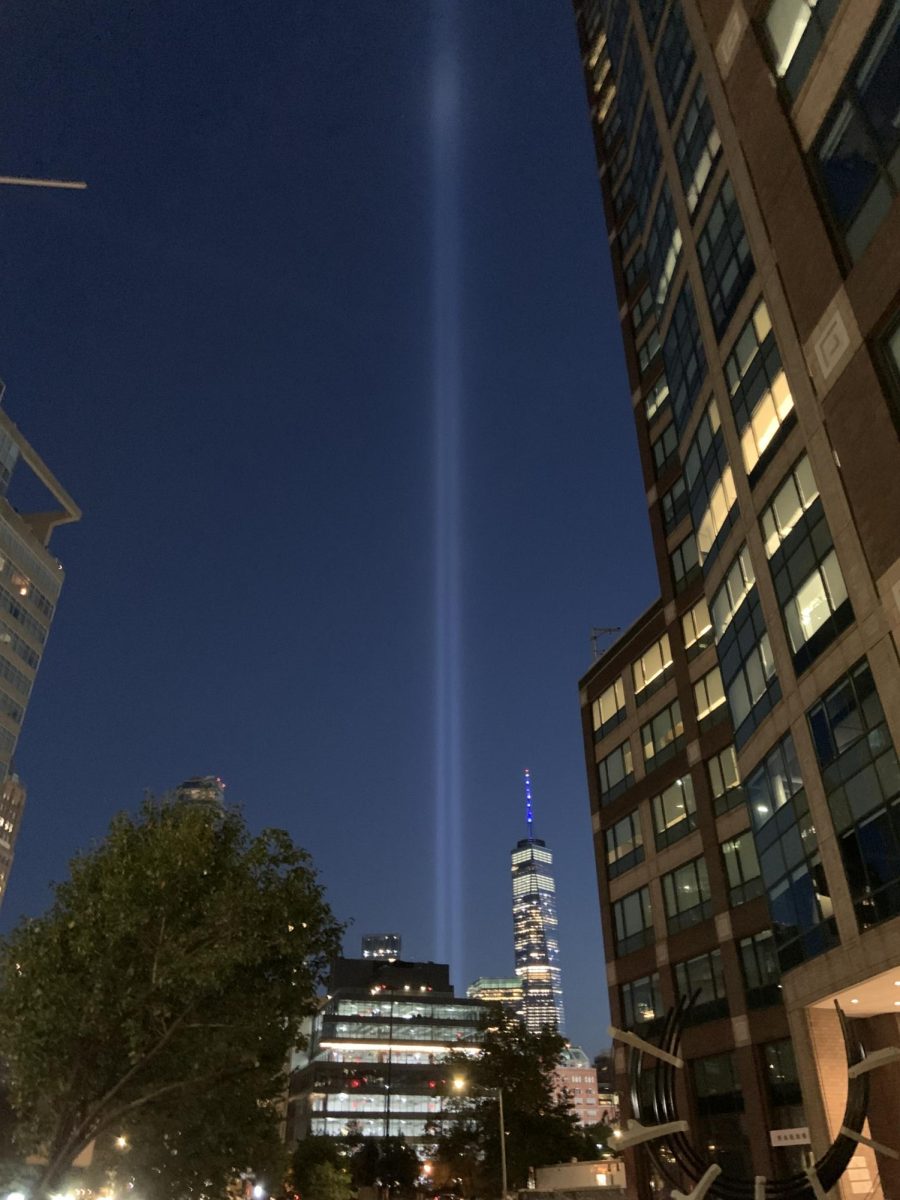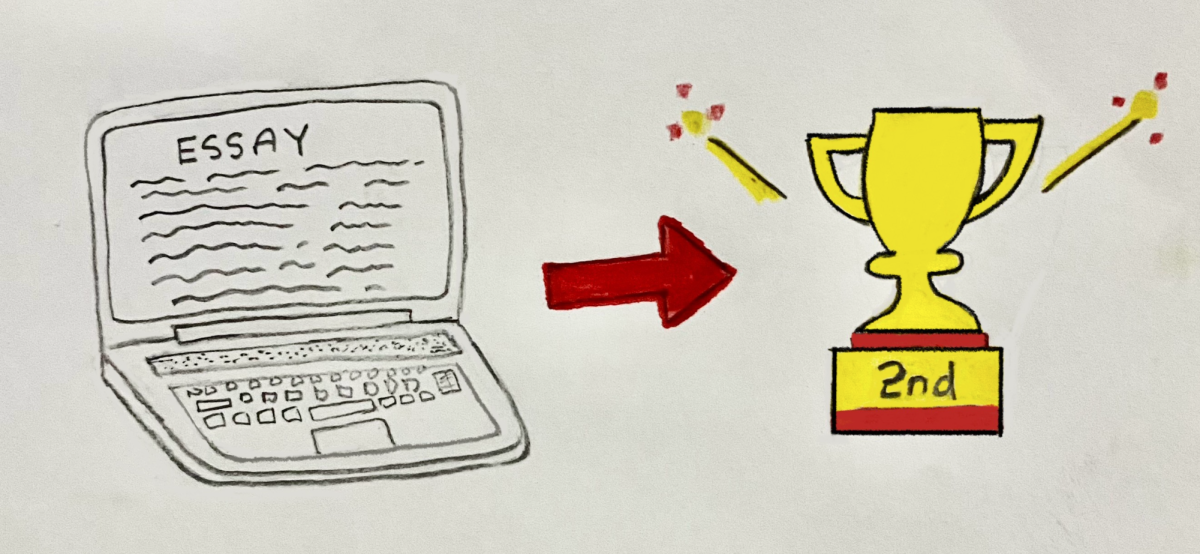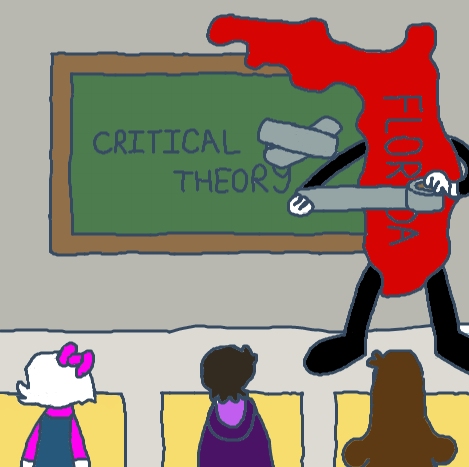On April 22 2022, Florida’s Governor Ron DeSantis signed CS/HB 7 into Florida’s state law. This bill targets and bans the area of study dubbed Critical Race Theory (CRT), named by legal scholars in the 1970s and 80s. The law greatly affects the classrooms within the state, preventing real conversations on racial bias. The repercussions of this bill will be felt nationwide, including within our own community at HSMSE.
The Legal Defense Fund, the country’s first civil and human rights firm, defines Critical Race Theory as “an academic and legal framework that denotes that systemic racism is part of American society – from education and housing to employment and healthcare.” In other words, CRT is the idea that racism is systemic in America and built into the foundation of our country. Racism doesn’t operate on an individual basis but rather, in the American system as a whole. This systematic bias filters into our laws, institutions, classrooms, and dinner-table conversations. Critical Race Theory also explains that this system instills racism within the people of our country, who are instilled with thoughts, ideas and circumstances that enforce skewed perspectives of the world. This systemic racism becomes unintentional bias that may harm Black people.
The term Critical Race Theory recently found itself within a more mainstream light after the 2020 presidential election, which had the highest voter turnout in the 21st century alongside a high turnout of Black voters. Soon after, many states passed stricter voting laws seemingly to restrict Black voters, bringing the issues CRT seeks to explain right to the top of the public’s attention . However, now the term is often used by Republicans as an attempt to ridicule Democrats and Liberals, isolating certain ideals and sayings out of context to reduce CRT to “all white people are racist.”
As students at HSMSE, we are very familiar with the tenets of Critical Race Theory – even if it isn’t explicitly defined. We learn about the systematic roots of racism in our English and History classes, and learn how they might present themselves in our society today. But what we may see as normal conversation would be illegal within Florida.
CS/HB 7, dubbed the Stop W.O.K.E. (Wrongs to Our Kids and Employees) Act by Florida Governor Ron DeSantis, is an attempt to censor how businesses and schools address race. It specifically prevents the principles of CRT from being taught to students or employees within the state.
“In Florida we are taking a stand against the state-sanctioned racism that is critical race theory,” said Governor Ron DeSantis in response to backlash facing Stop WOKE laws. “We won’t allow Florida tax dollars to be spent teaching kids to hate our country or to hate each other…We must protect Florida workers against the hostile work environment that is created when large corporations force their employees to endure CRT-inspired ‘training’ and indoctrination.”
The issues this act raises can be found in the details and in the wording of the legal documents themselves. Within Florida, CS/HB 7 “constitute[s] discrimination on the bias of race, color, national origin, or sex” if any student or employee is subject to training that “promotes” or “compels” the student or employee to “feel guilt, anguish, or other forms of psychological distress because of actions.” The subjectiveness of the word “feel,” combined with the possibility of breaking the law leaves ambiguity and makes the act difficult to enforce. The “Stop WOKE” act only allows for straight-forward teaching, removing a teacher’s ability to really explore the modern day importance of these issues, and subsequently, a student’s ability to engage in that conversation and ask questions. Under these acts, if what you’re teaching causes someone to feel “guilt,” then you are commiting a crime.
Recent controversy revolving around the “Stop WOKE” law has extended to a change in the College Board’s new AP African American Studies (APAAS) course. The original APAAS curriculum, which included topics like CRT and modern Black activism, was initially banned in Florida due to the Florida Department of Education’s (FDOE) concerns that it “Lack[ed] Educational Value.” A revised version of the APAAS curriculum was then submitted, however, course topics now did not include CRT, made more contemporary topics like the Black Lives Matter movement optional, and removed many Black authors and scholars. In response to this revised curriculum, the FDOE offered to relook at the course to unban it from the state.
While it is impossible to know the College Board’s intentions with making changes to the APAAS curriculum, it should be noted that AP exams, notoriously expensive, generate a lot of revenue for the College Board, though it is classified as a non-profit organization. It relies heavily on profits from AP Exams to keep itself running and pay its executives. Losing Florida as a place where students take exams like the APAAS would result in a large decline in profit for the College Board. The College Board has denied any involvement of Florida (or any other state) in the changing of their course content. However, it cannot be ignored that although, in their own words, the original APAAS course had “mistakes in the rollout that [were] being exploited” by Florida, the removal of such “mistakes” resulted in positive reinforcement (from Florida’s state government). For monetary purposes The College Board would want to run their course in Florida schools and could easily lie or stretch truths just as easily as Florida could.
What does this mean?
We have to recognize the greater effect of laws like “Stop W.O.K.E” and how they are changing what our future looks like one classroom at a time. Not only do acts like Stop W.O.K.E change classrooms, they alter the kind of material and information we find in our textbooks and libraries. And many critics of “Stop WOKE” laws warn that educational material will become “white-washed” due to the censorship of ideas pertaining to race, and this country’s inequity.
The College Board has a tremendous amount of influence over our education, but if a single state has the power to sway its curriculum, we can expect that smaller textbook distributors and education organizations will follow in its footsteps. Florida has already rejected 54 proposed math textbooks, 28 for reasons related to CRT. Smaller distributors who depend on the Florida market for their sustainability would definitely change their course materials to “fit the bill.” At the end of the day, it is more profitable to avoid topics rather than have your textbooks banned in the 3rd largest state. This sets the pathway for larger distributive changes, which can easily reach across the country. The easiest thing for a corporation selling educational products is now to just leave out any information about CRT or anything that could make someone “feel” bad over issues of race, stifling some of students’ ability to talk about the modern day importance of these issues.
Finally, Floridians are, surprisingly, people too, and CS/HB 7 is an infringement upon first amendment rights, preventing serious conversations within their classrooms right now. NYC feels very far removed from Florida, but we’re still in the same country. Have I mentioed Ron Desantis is running for president? In the chance that he is elected, the policies he has enforced in Florida could become nationwide. Not only do policies like these censor the textbooks we use but they erase history and ignore the issues that continue to dictate how Black people live their lives. Laws present in Florida pose a threat to students and educators – those that will determine the future of our country. Shielding students from history creates a generation of ignorant citizens. If a classroom isn’t the place to learn about history, then where is?
